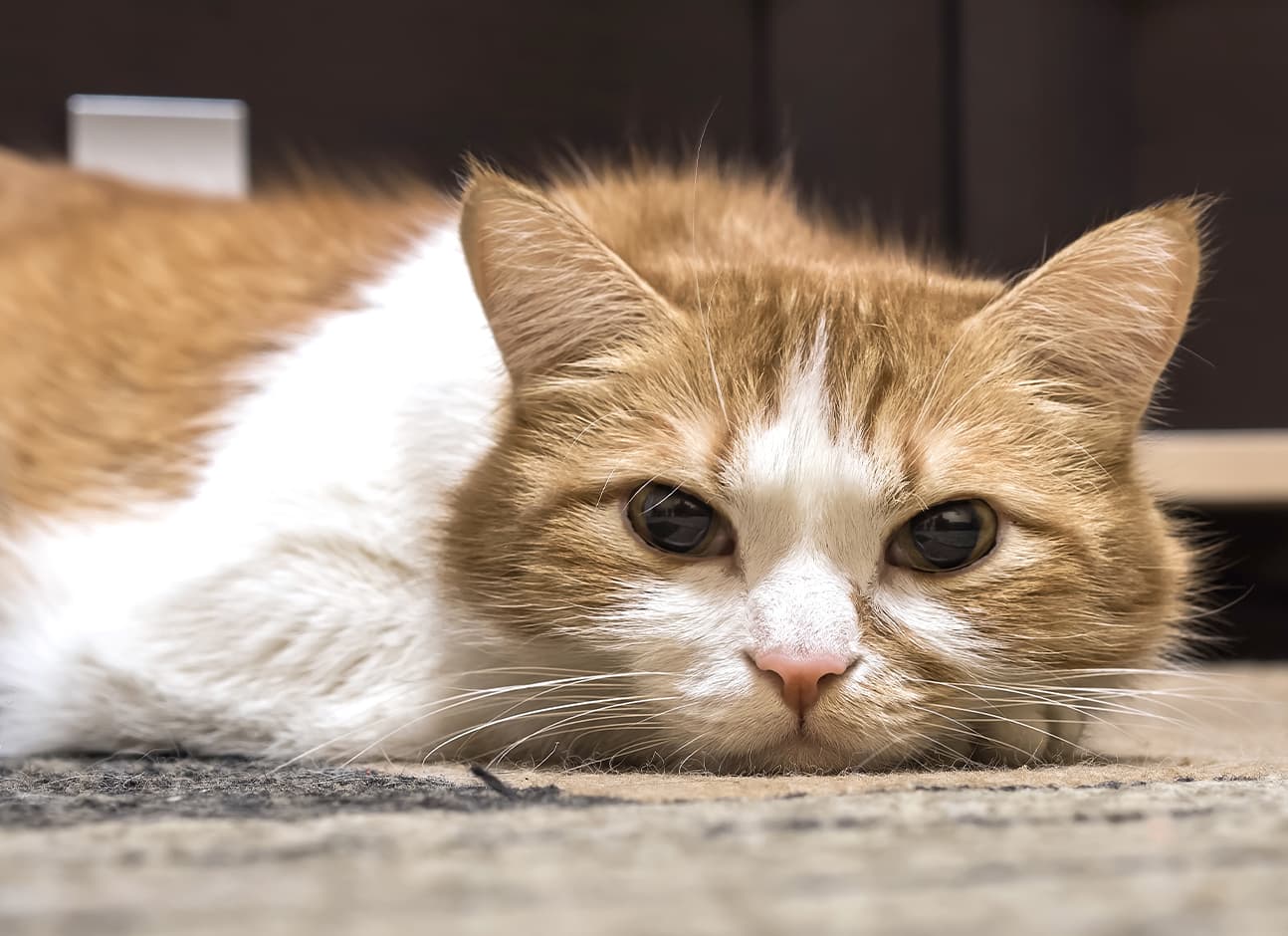Whether you have a pet or a child (or both), a cancer diagnosis can be a real cause of worry for many. Lymphoma is a type of cancer of the lymphocytes affecting the immune system. These lymphocytes travel through the body making lymphoma a systemic illness. Feline lymphoma is the most common form of cancer, accounting for about 30% of all types of cancers in cats. It is also important to note that it is linked to Feline Leukemia Virus (FLV).
If your cat has a possible case of lymphoma, they will exhibit signs such as weight loss, diarrhea, and vomiting. Since feline lymphoma mainly affects the intestines, the symptoms will mirror that of other intestinal diseases. Diagnosis of feline lymphoma involves examining cancerous cells under the microscope. In addition to bloodwork and other lymphoma tests, your veterinarian may also use a fine needle aspirant to test your cat for the cancer. It involves the collection of sample cells from an affected part of the body, for example, a swollen lymph node or an enlarged kidney. These sample cells will undergo microscopic examination to check the presence of cancerous cells in their midst. Using biopsy to test for lymphoma can also help you learn if your pet has high-grade or low-grade lymphoma which is premised on the malignancy and rapidity of cancer cell division.
Feline lymphoma is treated mainly through chemotherapy, radiation therapy, and surgery. Usually used to treat high-grade lymphoma, cats have a higher tolerance for chemotherapy than humans do. However, they do experience side-effects like nausea, diarrhea, and a lower appetite. Despite the seriousness of the illness, most cats are affected by low-grade gastrointestinal lymphoma which usually results in remission.
There are some steps that you can take to reduce the chances of lymphoma in your furry friend. Getting them vaccinated against FLV is an effective preventative measure. Additionally, taking your cat to the veterinarian for regular health checks is also important. You can get detailed information and advice on feline lymphoma from your veterinarian.
For a purring, healthy future, discover more about our Cat Vaccinations offerings!
